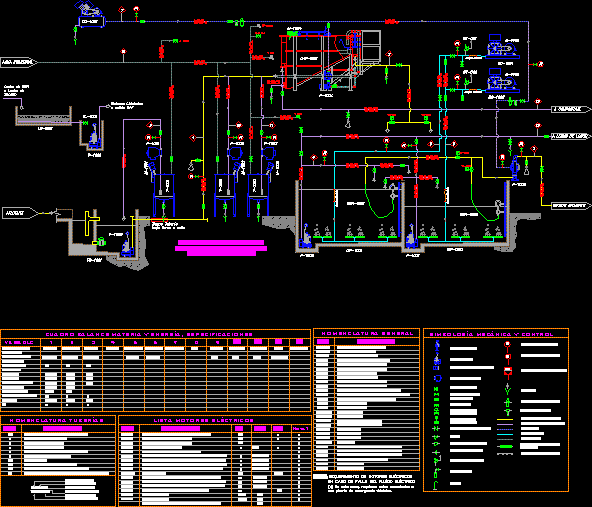What components make up a home HVAC system? What are the main components of a HVAC system? How to design HVAC systems? What is the function of a compressor in a HVAC system? The thermostat is usually the most visible part of your HVAC system.

The furnace is the key component of your HVAC system. The evaporator coil works during the summer to cool the air in the. The exchanger is a system of metal walls or coils that get heated by your heating element (either combusted fuels or electric heating element). Air is blown into the heat exchanger either from outside or a return duct within the HVAC system.
The air travels through the exchanger, where it becomes heated. When you know more about your HVAC system , including all the main HVAC system components , you’ll be better able to maintain it and keep your home safe and comfortable at a reasonable price. Heat Exchanger Your heat exchanger is part of the housing of your furnace, and it absorbs heat and warms cool air when your thermostat activates your furnace and the heat from combustion rises. There are two main components of a heating, ventilation, and air conditioning system. These two parts are the air handler, heating and cooling system , and the heat exchanger.
Components of an HVAC System. In most cases, the heat source is some type of furnace. In an air conditioning system , the cooling system is composed of a number of unique subcomponents. Compressor: A machine used to supply air or other gas at increased.
HVAC systems are of great importance to architectural design efforts for four main reasons. The “hot” side generally consists of a condensing coil, a compressor and a fan. There are some additional sensors, timers and valves, but the evaporator, compressor, condenser and expansion valve are the main components of an air conditioner.
Although this is a conventional setup for an air conditioner , there are a couple of variations you should know about. Located in either the basement or attic, the Furnace is the part. Evaporator Coils are literally the exact opposite of Heat exchangers,.
It's time to shine a light on the HVAC components and function. This part is where the refrigerant absorbs the heat. The HVAC stands as a marvel of modern air conditioning and heating technology. To provide you with that perfectly treated air, an entire process occurs behind the scenes.
Other optional heating and air conditioning components include humidifiers, air cleaners, UV lights, condensate pumps and more but we'll stick to the basics for now. The heat exchanger, found inside the furnace, is where the air is heated. For most homes in our area, that means a furnace, an air conditioner and a duct system that distributes air throughout the house. These systems are interconnecte and some of the same components are used by both the heating and cooling systems.
Interior Outside Air Ventilation Systems. Variable Volume System with Shutoff Boxes. Underfloor Air Distribution System. Please support HVAC SIMPLIFIED for more videos like this ! Furthermore, modern systems include an air filtration and cleaning element as well.
Heating is most often done by a furnace or a boiler in residential buildings. How Heating and Cooling Systems Work. All climate-control devices or systems have three basic components : a source of warmed or cooled air, a means of distributing the air to the rooms being heated or coole and a control used to regulate the system (e.g., thermostat).
The sources of warm air, such as a furnace, and cool air,.
No comments:
Post a Comment
Note: only a member of this blog may post a comment.